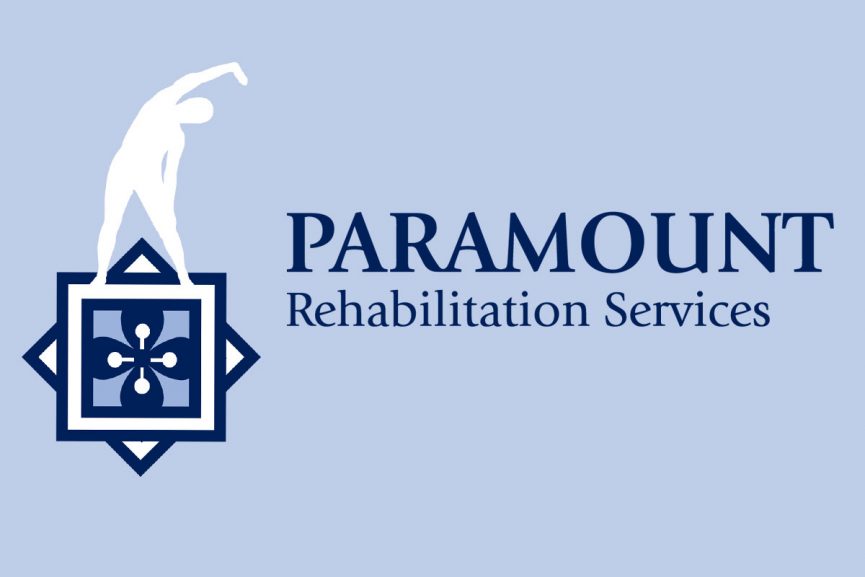Vestibular rehabilitation therapy (VRT) is an exercise-based program designed to promote central nervous system compensation for inner ear deficits. When the vestibular organs are damaged with disease or injury, the brain can no longer rely on them for accurate information about equilibrium and motion, often resulting in dizziness, vertigo, balance problems, and other symptoms. Many people are able to recover from these symptoms on their own after a few weeks of normal activity because the brain has adapted with a process called vestibular compensation. Even individuals with long-term unresolved inner ear disorders who have undergone a period of medical management with little or no success may benefit.
The vestibular system includes the parts if the inner ear and brain that help control balance and eye movements. If the system is damaged by disease, aging, or injury, vestibular disorders can result, and are often associated with one or more of these symptoms:
- Vertigo and dizziness
- Imbalance and spatial disorientation
- Vision disturbance
- Hearing changes
- Cognitive and/or psychological changes
- Nausea or vomiting
- Motion sickness
- Sensitivity to pressure or temperature changes and wind currents
What to expect during therapy
The first session will include a thorough evaluation beginning with medical history and includes observing and measuring posture, balance and gait. Using the evaluation results, the therapist will develop an individualized treatment plan that includes specific head, body, and eye exercises to be performed both in the therapy setting and at home. These exercises are designed to retrain the brain to recognize and process signals from the vestibular system and coordinate them with information from vision and proprioception. This often involves desensitizing the balance system to movements that provoke symptoms, and increasing home-based activities and exercise in order to strengthen muscles.
By improving vestibular function and promoting mechanisms of central adaptation and compensation, VRT aims to do the following:
- Improve balance
- Minimize falls
- Decrease subjective sensations of dizziness
- Improve stability during locomotion
- Reduce over dependency on visual and somatosensory inputs
- Improve neuromuscular coordination
- Decrease anxiety and somatization due to vestibular disorientation
The goal of VRT is to retrain the brain to recognize and process signals from the vestibular system in coordination with vision and proprioception. This often involves desensitizing the balance system to movements that provoke symptoms.
Vestibular Rehabilitation is offered at Paramount Rehabilitation Services of Standish. If you suffer from a condition that involves your vestibular system and causes poor balance or dizziness call your physician today for a script and we will take care of the rest. You can contact us at 989-718-3171 or 4489 M-61 Standish.

